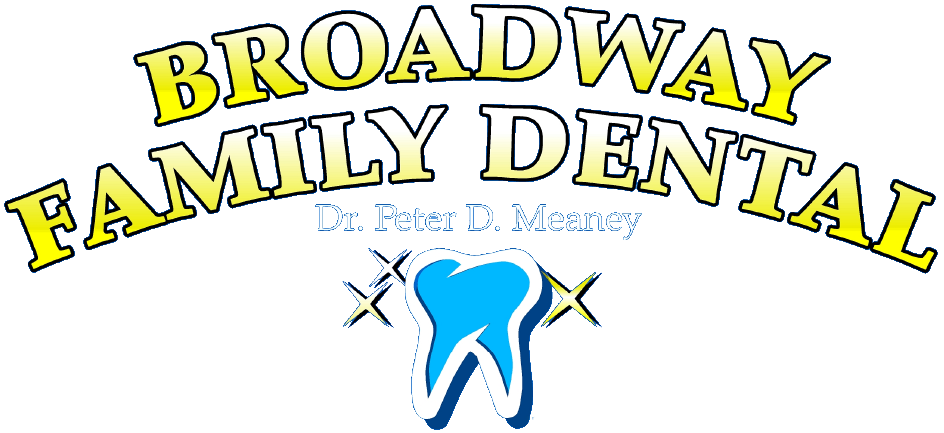Many Americans, adults and children alike, have some form of dental fear or dental phobia. The first step to overcoming the condition is talking to your dentist about it. From your discussion, Dr. Meaney will be able to work with you to find the best way to make you feel more comfortable and relaxed.
We accept almost all major dental insurances, if you have a question feel free to give the office a call and the staff would be more than happy to assist you.
Sugar acts like an acid dissolving the enamel on teeth. Each time you eat a snack containing sugar, the resulting acid attack can last up to 20 minutes. The naturally-occurring bacteria in the mouth use sugar as energy to multiply and stick themselves to the surface of a tooth. Over time, this turns into plaque and continues to eat away at the tooth’s enamel. Tiny holes will eventually be made in the enamel. These are cavities. Left un-treated cavities will continue to grow.
A soft-bristled toothbrush works well to clean full or partial dentures. There are also brushes specially designed for cleaning dentures, which have bristles arranged to fit the shape of the denture. Avoid hard bristles which will damage the surface of the denture. Denture cleaners, hand soap or mild dishwashing liquid are suggested for cleaning, as toothpastes are too abrasive. Denture wearers should pay attention to their mouths, even if they have no or few teeth remaining. Mouths should be brushed with a soft-bristled toothbrush and a fluoride toothpaste twice a day. Pay special attention to cleaning teeth that fit under the denture’s metal clasps. Plaque that becomes trapped under these clasps will increase the risk of tooth decay.
Regular dental visits are important because they can help spot dental health problems early on when treatment is likely to be simpler and more affordable. They also help prevent many problems from developing in the first place. Visiting your dentist regularly is also important because some diseases or medical conditions have symptoms that can appear in the mouth
Even if you don’t have any symptoms, you can still have dental health problems that only a dentist can diagnose. Regular dental visits will also help prevent problems from developing. Continuity of care is an important part of any health plan and dental health is no exception. Keeping your mouth healthy is an essential piece of your overall health. It’s also important to keep your dentist informed of any changes in your overall health since many medical conditions can affect your dental health too.
If you’re looking to find a dentist you may notice that while most are listed with a “DDS”, some may be listed as “DMD”. They both mean the same thing—your dentist graduated from an accredited dental school. The DDS (Doctor of Dental Surgery) and DMD (Doctor of Dental Medicine) are the same degrees. Dentists who have a DMD or DDS have the same education. The level of education and clinical training required to earn a dental degree, and the high academic standards of dental schools are on par with those of medical schools. Upon completion of their training, dentists must pass both a rigorous national written exam and a state or regional clinical licensing exam in order to practice. In order to keep their licenses, they must meet continuing education requirements for the remainder of their careers so that they may stay up to date on the latest scientific and clinical developments
According to the Environmental Protection Agency, approximately 100 million dental x-rays are done each year in the United States. These x–rays provide your dentist with a vital tool that shows the condition of your teeth including roots, jaw placements, and the overall composition of your facial bones. X-ray machines only produce radiation during operation and the amount of radiation used is extremely small
Dental x-rays allow dentists to:
Detect problems in the mouth such as tooth decay, damage to the bones supporting the teeth, and dental injuries (such as broken tooth roots).Detect teeth that are abnormally placed or don't break through the gums properly. Evaluate the presence and location of permanent teeth growing in the jaw of a child who still has baby teeth. Plan treatment for large or extensive cavities, root canal surgery, placement of dental implants, and difficult tooth removals. Plan for orthodontic treatment, like braces.
